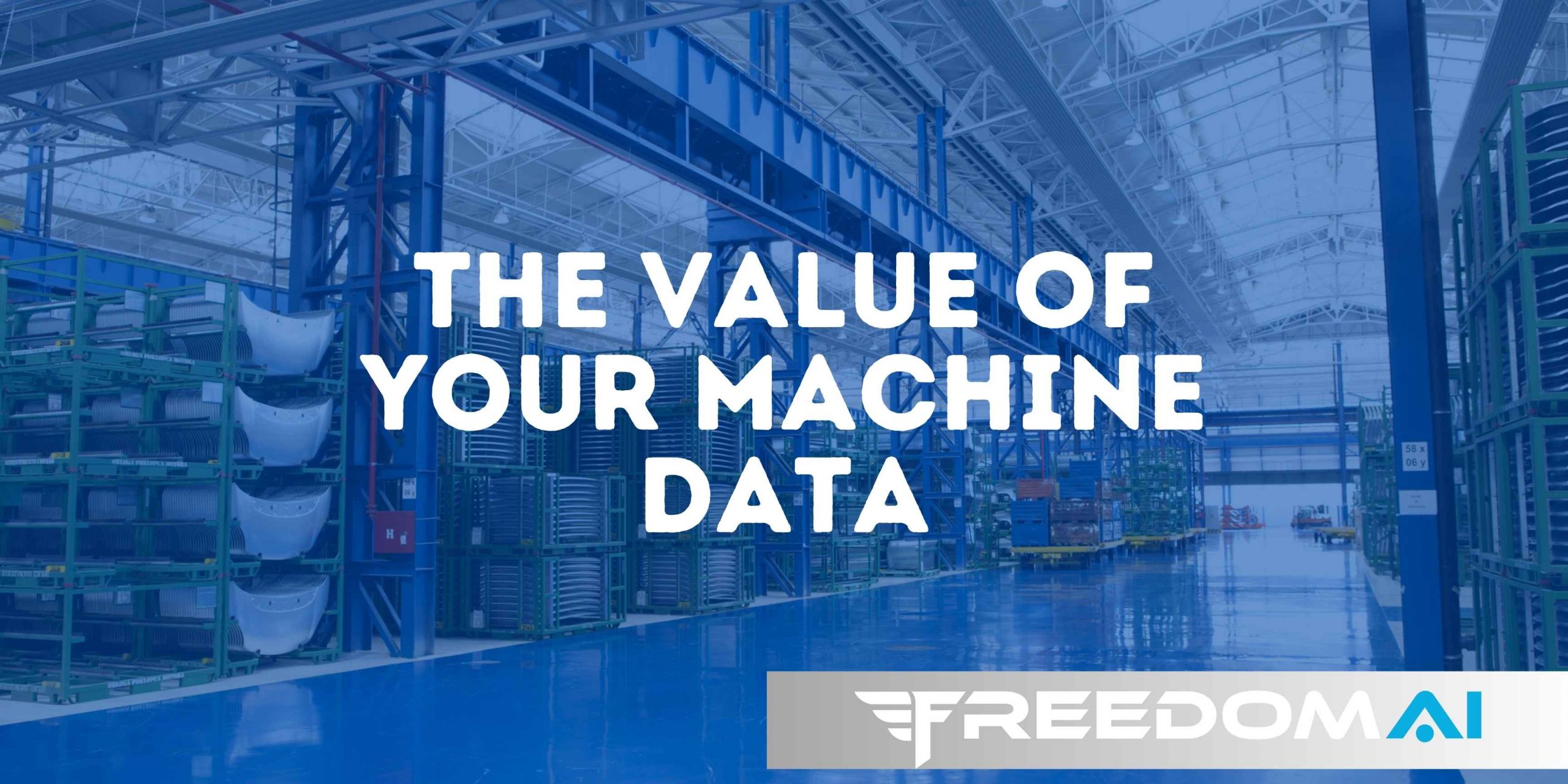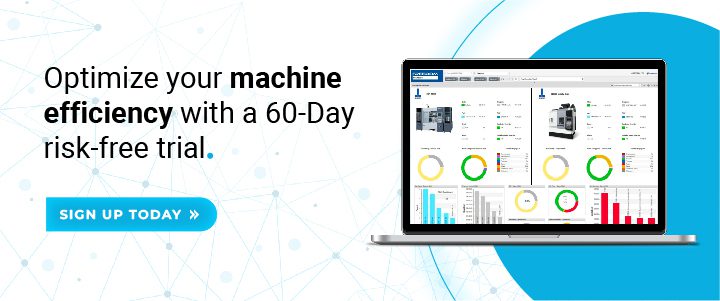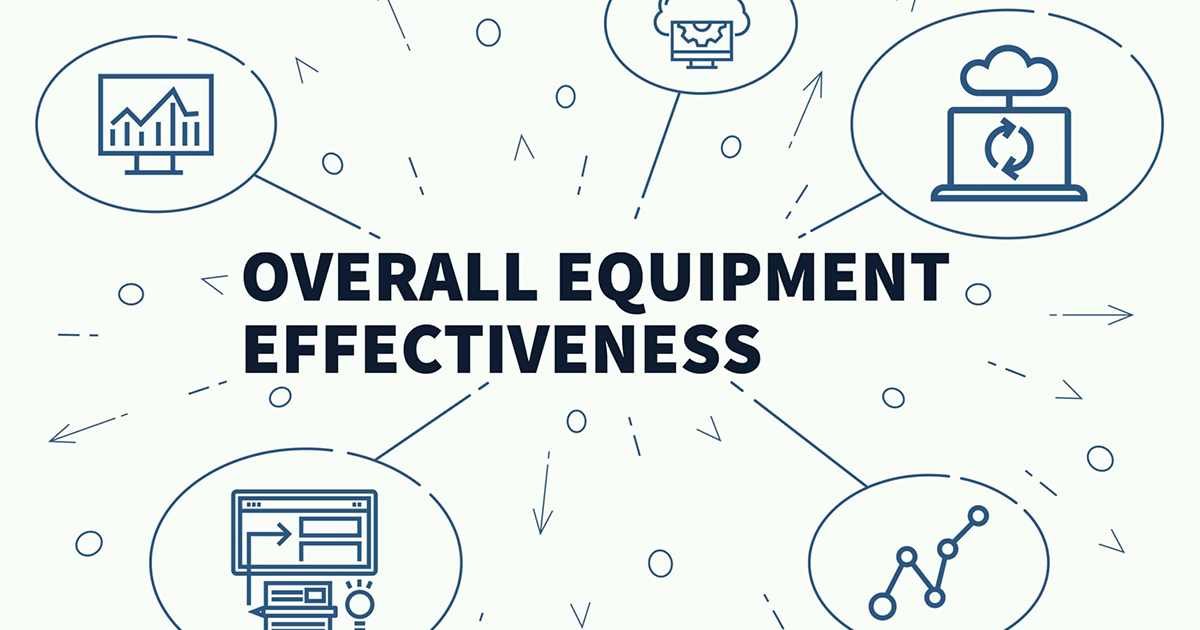The advent of technology has ushered in a new era where machines generate and collect data about their performance, usage, and environment. This machine data presents an opportunity for organizations to gain valuable insights and improve their operations. In this article, we will explore the value of machine data, how to leverage it, and the challenges that come with it.
Understanding Machine Data
Machine data refers to the data generated by machines through various sensors, logs, and telemetry data. This type of data is typically unstructured and is collected continuously from a wide range of machines and devices. It contains valuable information about the machines, their environment, and how they are being used.
Types of Machine Data
There are several types of machine data, including operational data, configuration data, and performance data. Operational data includes data about the status and activity of the machine, such as the temperature, pressure, and vibration levels. Configuration data includes data about the settings and configuration of the machine, such as the firmware version, software configuration, and network settings. Performance data includes data about the performance of the machine, such as the number of units produced, cycle time, and energy consumption.
Machine Data Collection
Machine data can be collected from various sources, including industrial equipment, vehicles, and IoT devices. Industrial equipment such as manufacturing machines, turbines, and generators generate vast amounts of machine data, which can be used to optimize their performance and improve efficiency. Vehicles, including cars, trucks, and airplanes, generate machine data related to their performance, usage, and environment. IoT devices, such as sensors and smart devices, generate machine data related to their activity and environment.
The Benefits of Leveraging Machine Data
Leveraging machine data provides several benefits, including identifying inefficiencies, enabling predictive maintenance, improving decision-making, and enhancing the customer experience. By analyzing machine data, organizations can identify patterns and trends that can inform decision-making.
Analyzing and Utilizing Machine Data
To analyze machine data, organizations must collect and store it in a centralized location. The data must then be preprocessed and cleaned to ensure accuracy. Next, the data can be analyzed and visualized using tools such as dashboards and reports. Artificial Intelligence and Machine Learning (AI/ML) can also be used to identify patterns and insights.
Machine Data in Different Industries
Machine data can be leveraged in various industries, including manufacturing, healthcare, finance, transportation, and agriculture. In manufacturing, machine data can be used to optimize production processes and reduce downtime. In healthcare, machine data can be used to monitor patient health and identify potential issues before they become critical.
Security and Privacy Concerns
One of the main concerns with machine data is security and privacy. Organizations must protect sensitive data and ensure compliance with regulations. They must also address ethical concerns related to the use of machine data.
Challenges and Limitations
There are several challenges and limitations associated with machine data, including data quality issues, lack of skilled personnel, integration with existing systems, and cost of implementation. To overcome these challenges, organizations must define clear goals and metrics, establish a data governance framework, invest in the right technology and tools, and train and upskill employees.
Best Practices for Machine Data Management
To effectively manage machine data, organizations must define clear goals and metrics, establish a data governance framework, invest in the right technology and tools, and train and upskill employees. By following these best practices, organizations can effectively leverage machine data and gain valuable insights.
Real-world Examples of Successful Machine Data Utilization
GE Aviation
GE Aviation uses machine data to optimize aircraft performance and reduce fuel consumption. They use sensors and analytics to collect and analyze data on engine performance, flight patterns, and environmental conditions. GE Aviation then uses this data to identify inefficiencies and optimize engine performance, resulting in significant fuel savings.
Volvo Trucks
Volvo Trucks uses machine data to improve fuel efficiency and reduce maintenance costs. They use sensors to collect data on truck performance, including engine speed, fuel consumption, and vehicle weight. This data is then analyzed to identify areas for improvement, such as reducing idling time and improving driver behavior. As a result, Volvo Trucks has seen significant improvements in fuel efficiency and reduced maintenance costs.
Netflix
Netflix uses machine data to personalize recommendations for its users. They collect data on users’ viewing history, ratings, and searches, which is then analyzed using machine learning algorithms. This machine data is used to recommend content to users that is likely to interest them, resulting in increased engagement and retention.
Amazon
Amazon uses machine data to optimize its supply chain and improve customer experience. They use data from sensors and RFID tags to track the movement of products through their supply chain, from warehouses to delivery trucks. Amazon then analyzes this data to identify inefficiencies and optimize the supply chain, resulting in faster delivery times and improved customer satisfaction.
These examples demonstrate the potential of machine data to drive business value and improve operations. By effectively leveraging machine data, organizations can gain valuable insights and make informed decisions that drive growth and innovation.
The Future of Machine Data
As technology continues to advance, the potential applications and use cases of machine data will only increase. Emerging trends and technologies, such as edge computing, blockchain, and AI/ML present new opportunities for organizations to leverage machine data. However, challenges such as data privacy and ethical concerns, in some cases, will need to be addressed.
Conclusion
In conclusion, machine data presents an opportunity for organizations to gain valuable insights and improve their operations. By effectively leveraging machine data, organizations can identify inefficiencies, enable predictive maintenance, improve decision-making, and enhance the customer experience. However, to overcome the challenges associated with machine data, organizations must follow best practices, invest in the right technology and tools, and train and upskill their employees.
Your Data is Valuable. Start with a 60-Day Free Trial
If you’re interested in leveraging machine data to gain valuable insights and improve your operations, consider trying out Freedom AI’s machine monitoring and analytics software. With our software, you can collect and analyze machine data in real-time, enabling you to identify inefficiencies, reduce downtime, and improve performance.
And for a limited time, we’re offering a free 60-day trial of our software. Don’t miss out on this opportunity to take your operations to the next level with Freedom AI’s machine monitoring and analytics software. Sign up for your free trial today!




